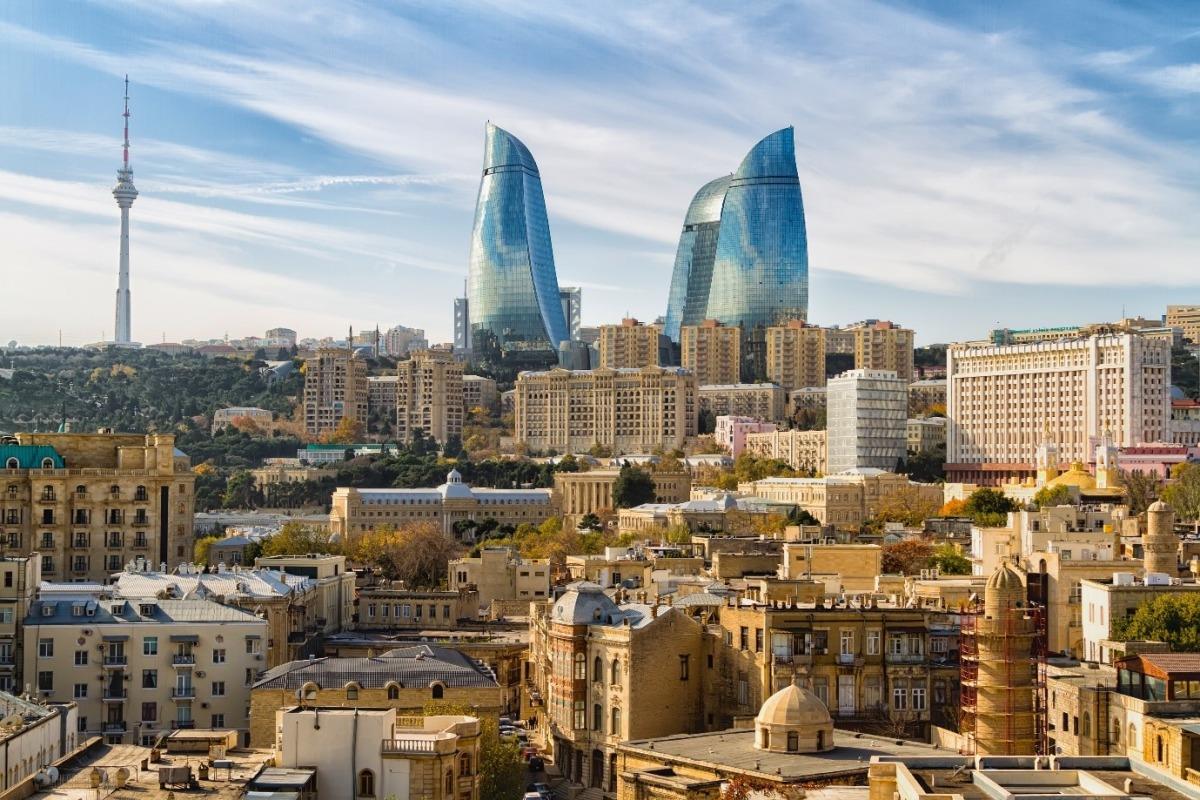
COP29 Agrees On Aspirational $1.3 Trillion Goal Despite Challenges
Doha: In a year overshadowed by geopolitical turmoil, the 2024 United Nations Climate Change Conference (COP29) marked a pivotal yet contentious moment in climate finance history by adopting the New Collective Quantified Goal (NCQG).
The agreement, though celebrated for its ambition, underscores the widening gap between developed and developing nations, reports the Al-Attiyah Foundation in its latest Sustainability
Research Paper titled“The Long-Term Target for International Public Climate Finance – The Landscape After the Decision at COP29”.
Key outcomes of the conference, held in Baku, Azerbaijan during November, included a commitment to triple international public climate finance from the previous $100bn annual goal to $300bn by 2035.
However, the standout development was the broader aspirational target: mobilising $1.3 trillion annually by 2035 through the“Baku to Belém to $1.3T roadmap.”
Despite these numbers, inflation adjustments suggest the real value may fall short of expectations.
The negotiations were fraught with tension.
Prolonged debates over the substantial finance, contributor bases, and the structure of the NCQG laid bare a deep trust deficit.
Walkouts, boycotts, and the absence of leaders from key emitting countries highlighted the fragility of global consensus.
Developing nations, who will bear the brunt of climate change, voiced disappointment.
The aspirational goal of $1.3 trillion contrasts starkly with their estimated needs of $6.7 trillion annually by 2030 for effective mitigation, adaptation, and addressing loss and damage.
Adaptation finance, for example, must grow to $387bn annually by 2030, yet only $28bn was mobilised in 2022.
Chandni Raina, the representative from India, one of the world's most populous country, said the process had been“stage managed.”
“It is a paltry sum,” Raina said.
“I am sorry to say that we cannot accept it. We seek a much higher ambition from developed countries.”
The Baku to Belém roadmap will be a critical test of global resolve.
The success of this framework depends on robust implementation mechanisms and a genuine commitment to addressing the needs of the most vulnerable.
With $600bn annually required for loss and damage by 2030, the stakes could not be higher.
As countries prepare their updated Nationally Determined Contributions for 2025, the adequacy of these financial pledges will directly influence global climate ambition.
The path from aspiration to action remains steep, but COP29 has laid the groundwork for a potentially transformative decade.

Legal Disclaimer:
MENAFN provides the
information “as is” without warranty of any kind. We do not accept
any responsibility or liability for the accuracy, content, images,
videos, licenses, completeness, legality, or reliability of the information
contained in this article. If you have any complaints or copyright
issues related to this article, kindly contact the provider above.


















Comments
No comment